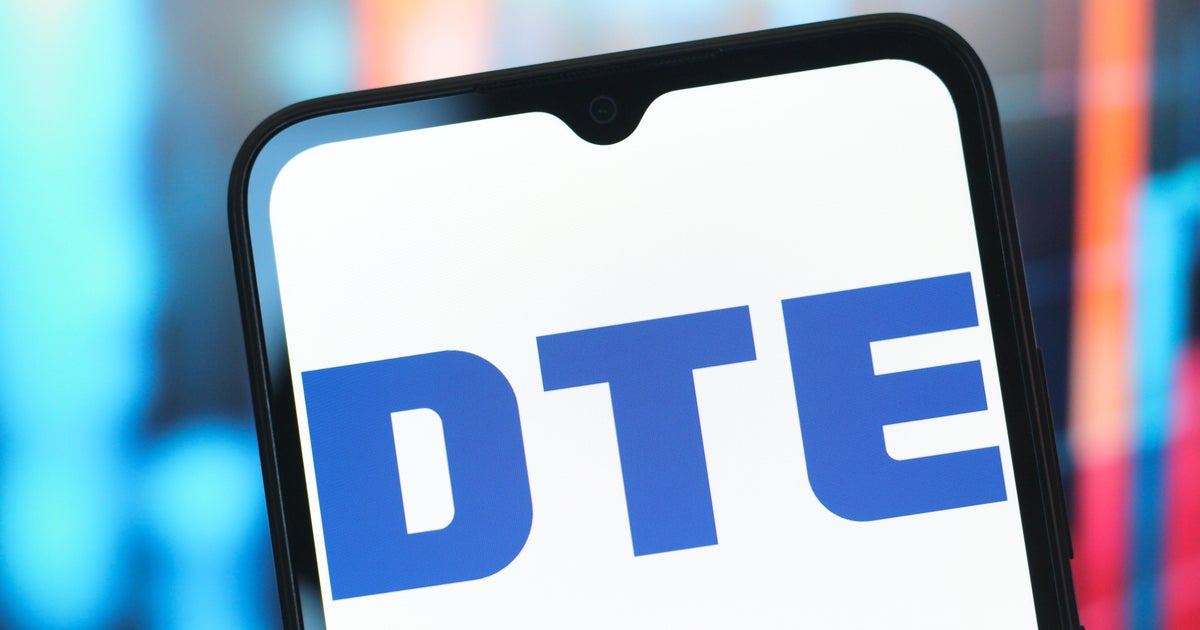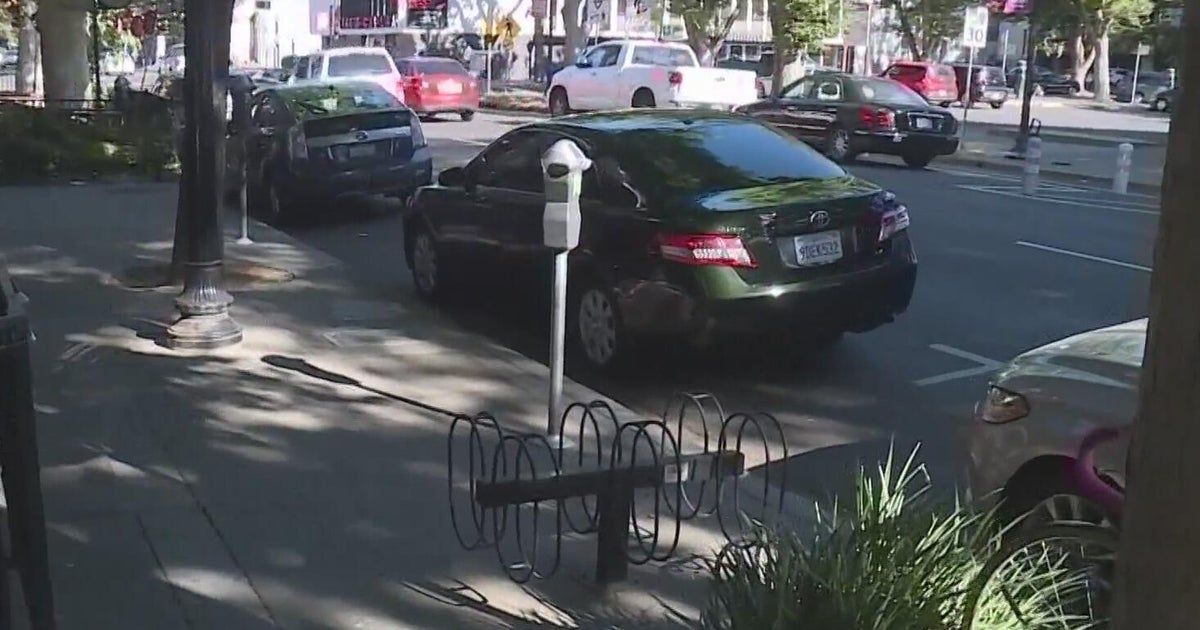Lawmakers push back on fixed rates for California utility bills
SACRAMENTO - As utility costs continue to climb, some state legislators say right now may not be the time to change bills to have a fixed rate based on your income.
In California, low-income utility customers already can opt into two state programs titled the California Alternate Rates for Energy (CARE) and the Family Electric Rate Assistance Program (FERA).
Low-income customers who are enrolled in the CARE program receive a 30-35% discount on their electric bill and a 20% discount on their natural gas bill and FERA customers receive an 18% discount on their electricity bill.
The new tiered system for a fixed rate on your utility bill would be based on how much you make, following the existing CARE and FERA programs.
The California Public Utilities Commission (CPUC) currently has several proposals in front of it that it believes would lower costs for lower-income families. It was passed back in 2022, but now some democratic legislators are pushing back with Assembly Bill 1999.
"This fixed charge would just shift some fixed cost out of electricity rates onto a new line item on customer's bills, a fixed charge," said Sylvie Ashford, energy and climate policy analyst at The Utility Reform Network (TURN), which advocates for ratepayers.
TURN supports the fixed rate on customers' bills. Ashford said it would cut down energy use for all customers.
These are some of the proposals that the CPUC is currently considering:
Utilities Joint Proposal:
$10-$24/month for very low-income CARE customers
$15-$34/month for remaining CARE/FERA customers
$51-$73/month for everyone else.
TURN/Natural Resources Defense Council (NRDC) Proposal:
$5/month for CARE customers
$5/month for FERA customers
$30/month for everyone else
Public Advocates Office Proposal:
$4/month for CARE customers
$7/month for FERA customers
$29/month for everyone else
The CPUC has ruled that the income structure must be based on the existing low-income programs (CARE and FERA). It plans to approve a design in 2024 for implementation by 2026. In future versions of the fixed charge, there will be potential for more income differentiation or additional tiers.
Investor-owned utilities (IOUs) have already proposed future versions of the fixed charge:
$28,000-$69,000 would be $20 to $34 per month
$69,000-$180,000 would pay $51 to $73 per month
More than $180,000 would pay $85 to $128
Some SMUD, Roseville and Modesto customers already have fixed rates from about $24-30.
"My PG&E bill went from $300 to it seemed like $600," said Yolanda Apodaca, who moved from West Sacramento to Downtown Sacramento so she could switch utility companies and lower the cost of her monthly bill. "I am a single person. I don't know how other families do it."
Assemblymember Jacqui Irwin from the 42nd District is one of the authors of the opposing legislation, AB 1999.
"I don't think any of us are opposed to a flat fee, just want to make sure it is set at the right amount," Irwin said.
Irwin said AB 1999 would cap the fixed rate fee at $5 for low-income customers enrolled in CARE and FERA and $10 for everyone else. She said this is something that has been in place for a decade, yet none of the major utilities ever implemented a fixed rate.
"Why should I have to pay according to what I earn versus the electricity I actually use?" Irwin said.
Although, Ashford said most of your bill will still be based on usage.
"Because the fixed charge is removing costs from usage ($/kWh) rates, usage rates go down for all customers," Ashford said. "Thus, the bill impacts from the TURN/NRDC proposal are roughly $8-10 in monthly bill savings for low-income customers, and roughly $3-7 monthly bill increases for other customers, depending on energy usage."
Irwin believes the fixed rate would be hard to implement because you would have to determine everyone's salary and that would be an invasion of privacy. She would rather utilities focus on other ways to cut costs for customers like time of use.
"If the fixed rate was high, people would not have the same desire to invest in solar and there wouldn't be an incentive to conserve," Irwin said. "We think it would most affect lower middle class and the working folks."
PG&E told CBS13 that it supports the fixed rate on bills. It provided the following statement:
"PG&E is part of a broad coalition that supports a fixed charge because it would reduce electric bills of low-income customers who need the most assistance, accelerate the state's clean energy future by reducing the usage (per-kilowatt-hour) rate for electricity making electric vehicles, homes and appliances more affordable, and it would provide more bill transparency and predictability.
The fixed charge would bring no new revenue for utilities; it simply breaks out the fixed infrastructure charges and usage charges on a customer bill."
AB 1999 needs to be heard by the Utilities and Energy Committee by April 26, and the CPUC has until July 1 to accept a proposal.
Irwin hopes this July 1 date will be pushed back so the CPUC has more time to consider all the options.







